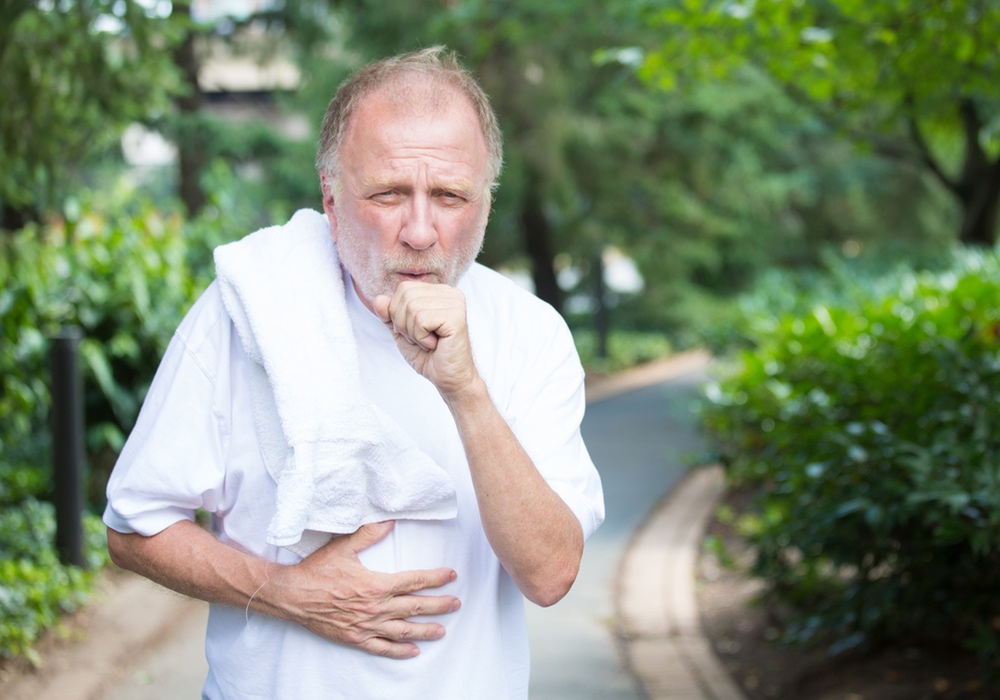Cancer mortality increased during the pandemic, and we now have a better idea about why this occurred. Respiratory infections create inflammation and researchers from the University of Colorado Anschutz Medical Campus, Montefiore Einstein Comprehensive Cancer Center (MECCC), and Utrecht University have found that the inflammation that often accompanies an infection with a respiratory virus like COVID awakens previously inactive cancer cells in the lungs.
The finding suggests that cancer patients, especially women recovering from breast cancer, should make it a point to be vaccinated for COVID and flu to reduce the risk of stimulating cancer cells lying dormant in their lungs.
The researchers found that breast cancer cells lying dormant in the lungs of mice began to proliferate after the mice were infected with influenza virus or SARS-CoV-2, the virus that causes COVID-19. The number of cancer cells increased significantly within days of infection and new tumors appeared within two weeks.“Dormant cancer cells are like the embers left in an abandoned campfire, and respiratory viruses are like a strong wind that reignites the flames.”
“Dormant cancer cells are like the embers left in an abandoned campfire, and respiratory viruses are like a strong wind that reignites the flames,” James DeGregori, lead author of the study and deputy director of the University of Colorado's Cancer Center, told TheDoctor.
The researchers were surprised by their findings. They had thought the viral infection might stimulate the immune system to eliminate the cancer cells. But the opposite was true: The infection stimulated the rapid proliferation of cancer cells instead.
The awakening of cancer cells from their dormant state was driven by the cytokine, interleukin-6, a protein released by immune cells in response to infections.
The identification of IL-6 as an important driver of the awakening of cancer cells suggests that IL-6 inhibitors or other targeted immunotherapies may reduce the risk of metastases following viral infection, Aguirre-Ghiso, a professor of cell biology, oncology and medicine at the Albert Einstein College of Medicine, explained.
The researchers were able to show that the cancer cells became surrounded by CD4+ cells, a type of immune cell that usually helps eliminate pathogens and cancer cells. As cancer cells grow in the lungs, they actively suppress CD4+ cells, so rather than eliminate the tumors, they protect them.
Going forward, the researchers want to learn more about the pathway by which IL-6 suppresses the immune system and other pathways that might mediate the suppression of CD4+ cells and CD8+ cells. By understanding those pathways, they might be able to manipulate them, hopefully by repurposing already-approved drugs, DeGregori, deputy director of the University of Colorado Cancer Center, said.
Clinical data from survivors of all cancers in the UK Biobank and breast cancer survivors in the U.S. Flatiron Health databases support the researchers' findings in mice. Cancer patients in the UK Biobank who tested positive for the SARS-CoV-2 virus were almost twice as likely to die of cancer than cancer patients who tested negative. Similarly, breast cancer patients in another database who tested positive for SARS-CoV-2 were 50 percent more likely to have their cancer spread to their lungs than those who tested negative.Cancer patients who tested positive for the SARS-CoV-2 virus were almost twice as likely to die of cancer than cancer patients who tested negative.





